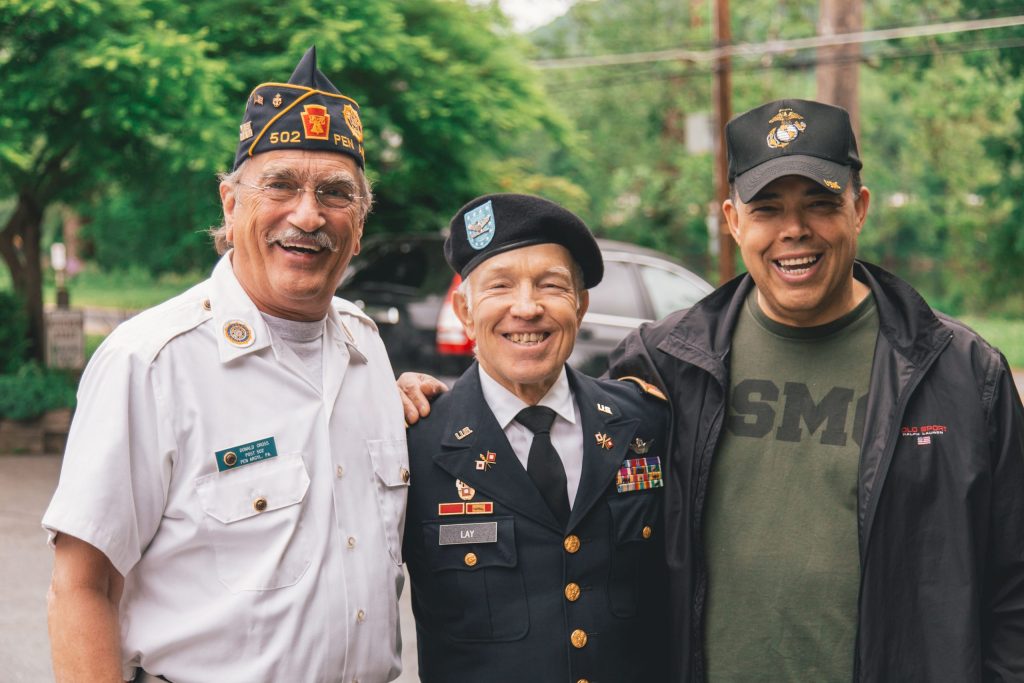- Contact Us Now: (615) 490-6020 Tap Here to Call Us
How Can a Former Spouse Ensure Continuance of Sbp Benefits After Divorce??

U.S. Military retirement benefits allow military service members to elect to purchase a Survivor Benefit Plan (“SBP”).¹ SBP was created by Congress in 1972 and has been amended several times. The SBP is a monthly annuity that, upon the service member’s death, will be paid to the service member’s designated beneficiary, such as a surviving spouse, former spouse, surviving children, or dependent children. If the designated beneficiary is a spouse or former spouse, the annuity is terminated upon death of the spouse or remarriage of the former spouse before age 55. Under the SBP, premiums are deducted from a participating service member’s pay (including retirement pay). The military service member may or may not elect to provide this annuity and may change that election.
Can SBP Be Distributed In A Divorce Settlement?
Yes, SBP can be distributed in divorce. The most common way this is done is by execution of a military Qualified Domestic Relations Order (“QDRO”). The QDRO should specify if the spouse is awarded a portion of the service member’s military retirement. It should correctly follow the format prescribed by the Defense Finance and Accounting Service (“DFAS”) to show how the military retirement is to be calculated.² Further if SBP is awarded to the former spouse, it should clearly state that designation and order the military service member to execute whatever document is required by DFAS to notify them of this action. Further, the QDRO should state that the military service member may not change the SBP beneficiary without written approval of the court or the former spouse.
How Does a Former Spouse Deem Election of SBP Benefits?
A subsection of the law found in 10 U.S.C. § 1450(f)(3) is of significant concern to a service member and spouse who are about to be divorced or a service member and former spouse who have previously been divorced and are concerned about SBP. The section is titled “Required Former Spouse Election to be Deemed to Have Been Made.”
From the perspective of an experienced military law attorney, this subsection is poorly drafted and should be amended by Congress. Unfortunately, many legislative mishaps as bad or worse than this continue to exist. In the event of continual inaction by Congress, the law is what it is. One of my goals with this article is to help former spouses navigate the labyrinth that is deemed election of SBP by a former spouse.
The law currently states in part:
(3) Required former spouse election to be deemed to have been made.
(A) Deemed election upon request by former spouse. If a person described in paragraph (2) or (3) of section 1448(b) of this title [10 USCS § 1448(b)] is required (as described in subparagraph (B)) to elect under section 1448(b) of this title [10 USCS § 1448(b)] to provide an annuity to a former spouse and such person then fails or refuses to make such an election, such person shall be deemed to have made such an election if the Secretary concerned receives the following:
(i) Request from former spouse. A written request, in such manner as the Secretary shall prescribe, from the former spouse concerned requesting that such an election be deemed to have been made.
(ii) Copy of court order or other official statement.
I must admit that I had to read the statute carefully to understand its meaning. In essence, if a military service member is ordered by a lawful court order to provide SBP coverage to his/her former spouse, such an order is not sufficient. A former spouse must also provide a written request, separate from the Court Order stating that he or she has been awarded continued SBP coverage from the military service member in a divorce. As the program is currently administered, such a request in writing should be submitted to DFAS.
What Is the Time Limit for A Divorced Spouse To Submit Request For SBP Benefits?
After reading thus far, you may be thinking to yourself that the process doesn’t seem so bad, and this isn’t really a labyrinth of a legal issue. After all, if the former spouse forgot to file anything with DFAS after the divorce, he or she would still have plenty of time to do so. Right?
WRONG! Part (C) of the same section states:
(C) Time limit for request by former spouse. An election may not be deemed to have been made under subparagraph (A) in the case of any person unless the Secretary concerned receives a request from the former spouse of the person within one year of the date of the court order or filing involved.
Hence, there is a one year time limit for a former spouse to make the required written request to DFAS. The statute doesn’t give any exception if the service member was ordered by the Court to execute whatever documents are required to ensure his/her former spouse continues to have SBP annuity and deliberately fails to obey that court order. From my review of the caselaw on this issue, the United States Court of Federal Claims does not allow for equitable tolling or any other exception to this arbitrary one year requirement.
How Do I Navigate this Legal Labyrinth?
- Ensure you/your attorney specifically include in the divorce final order (or QDRO) that you are being awarded continued SBP Annuity, that your spouse will not designate a different beneficiary and that your spouse and you are authorized to execute required documents with the Department of Defense to effectuate this.
- As soon as the order is final, navigate to the DFAS website and submit a DD2656-10 (no later than one year after the order was issued).³
- Submit copies of all relevant documents requested by DFAS.
- Have DFAS confirm in writing within one year of when the order was issued that you are deemed SBP former spouse election.
If you are a former spouse who has been awarded SBP coverage in your divorce and failed to notify DFAS within one year of the order, I recommend you consult with an experienced military divorce attorney at your earliest available opportunity. Once the service member is deceased, your options may be more limited.
Call Cole Law Group Military Law Attorney Paul Tennison in Brentwood, TN with any military divorce questions regarding SBP designation at 615-490-6020. Let Cole Law Group help you Navigate, Litigate, and Resolve your military law issues today.
_______________________________
1 10 U.S.C. § 1450.
2 https://www.dfas.mil/garnishment/FormerSpouseSBPDeemedElection
3 DFAS website as of February 3, 2022: https://www.dfas.mil/garnishment/FormerSpouseSBPDeemedElection















